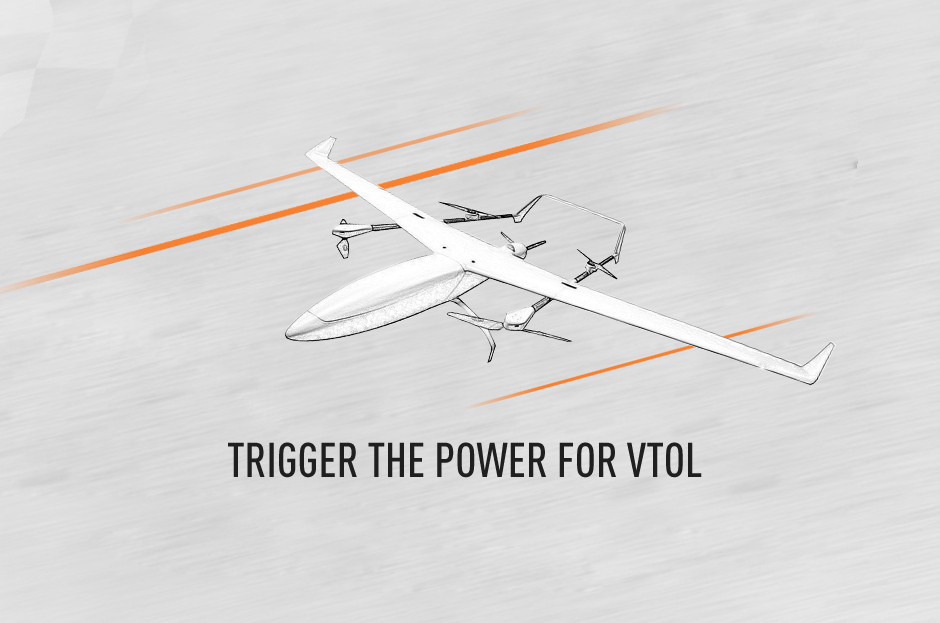What type of propeller is used in drones?
Before diving into the various types of drone propellers, it's essential to grasp their fundamental function. Propellers are rotating blades designed to generate thrust by pushing air downward or upward, depending on their rotation direction. This thrust, in turn, propels the drone through the air. In addition to propulsion, propellers also play a crucial role in stabilizing the drone and controlling its orientation.

Types of Drone Propellers
Fixed-Pitch Propellers
Fixed-pitch propellers are the simplest and most common type used in drones. As the name suggests, the angle of the blades propeller remains fixed, which means they generate a consistent amount of thrust per rotation. These propellers are often found in entry-level drones and are well-suited for general flying purposes.
Variable-Pitch Propellers
Variable-pitch propellers, also known as adjustable-pitch propellers, offer a higher degree of control over the drone's flight. Unlike fixed-pitch propellers, these blades have the ability to change their angle during flight. This feature allows drones to adjust their thrust output based on the desired maneuver or flight condition. Variable-pitch propellers are commonly used in advanced drones that require dynamic and precise flight control.
Factors Affecting Propeller Selection
The selection of the right propeller for a drone depends on several factors, each of which influences the UAV's performance and efficiency.
Drone Size and Weight
The size and weight of the drone play a significant role in propeller selection. Larger and heavier drones require propellers with larger diameters and greater thrust capabilities to lift and maneuver effectively.
Payload Capacity
Drones used for photography, surveying, or other applications may carry additional equipment such as cameras or sensors. The propellers must be able to handle the added payload without sacrificing stability or flight performance.
Flight Duration
Efficiency is a crucial consideration for drone operators, especially those aiming for longer flight durations. The choice of propellers can impact the drone's energy consumption and overall flight time.
Maneuverability and Speed
Different types of flight maneuvers and speed requirements demand specific propeller characteristics. Drones designed for agile maneuvers or high-speed flights may require propellers optimized for such performance.
Conclusion
Drone propellers are more than mere spinning blades; they are the driving force behind the captivating flights of these modern marvels. Whether fixed-pitch or variable-pitch, the choice of propellers directly influences a drone's flight dynamics, stability, and overall capabilities. When selecting propellers, factors such as drone size, weight, payload capacity, flight duration, and maneuverability must all be carefully considered to achieve optimal performance.
As technology continues to advance, propeller design and materials are likely to evolve, pushing the boundaries of drone flight even further. Whether you're a drone enthusiast, a professional pilot, or a curious observer, understanding the intricate world of drone propellers adds a new dimension to appreciating the elegance of these airborne wonders.



